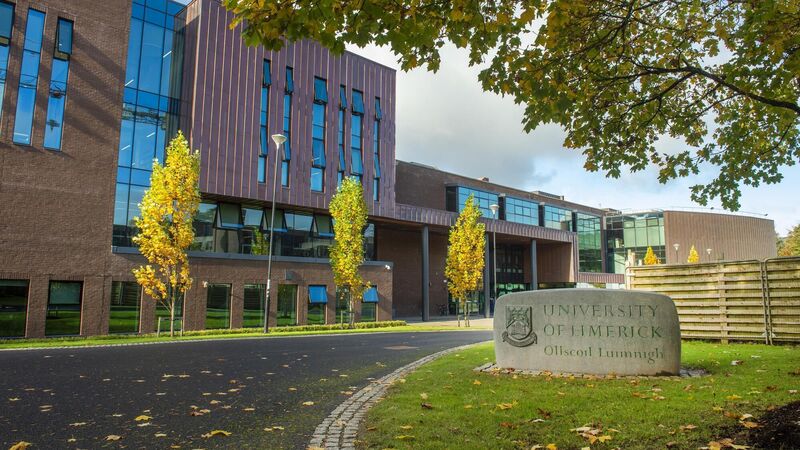University of Limerick graduate wins appeal over voting rights in Seanad elections

Tomás Heneghan claimed he should enjoy the same right to vote in the elections as graduates of the National University of Ireland (NUI) and Trinity College Dublin (TCD). Picture: Dan Linehan
A University of Limerick (UL) graduate has won a Supreme Court appeal over his claim that he should be entitled to a vote in the Seanad Éireann elections under the university and vocational panels.
The decision will not however come into force until July 31 next to allow the Oireachtas an opportunity to change the law to reflect the finding, the court also found.











